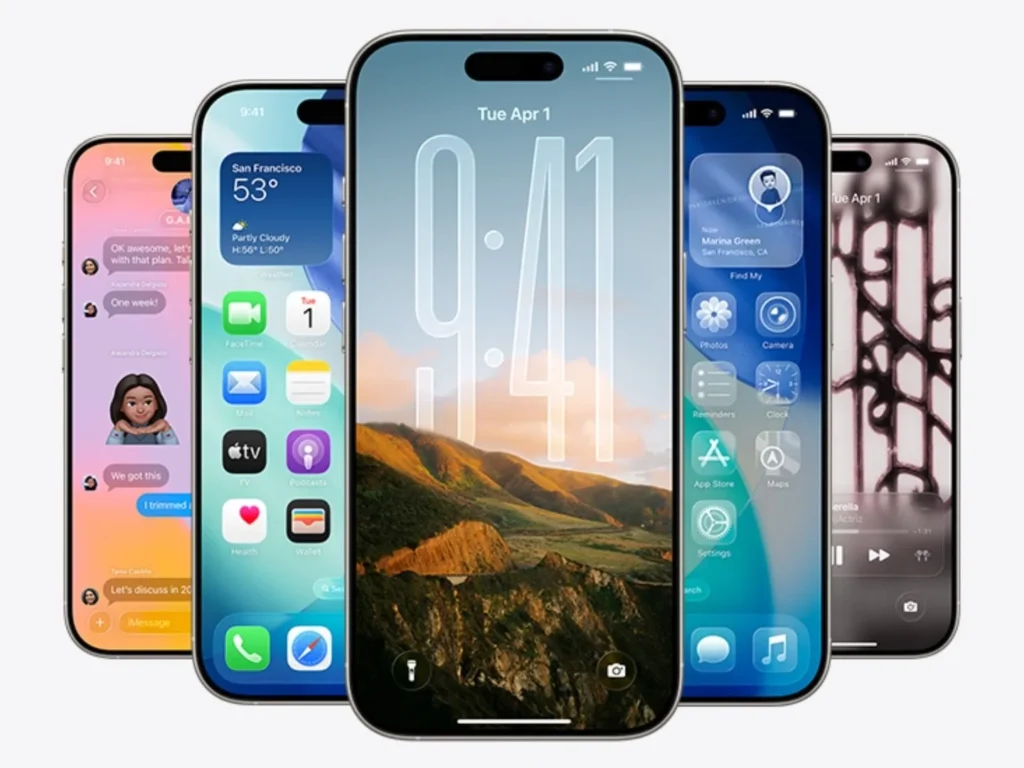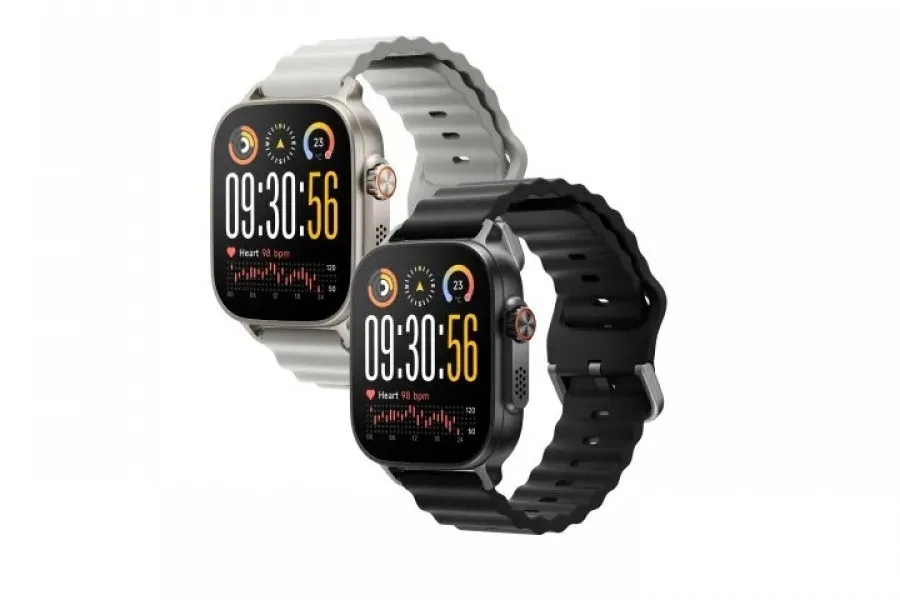iOS 26.1: Apple prepares instant and invisible security updates
In the coming days, Apple is set to release iOS 26.1, an update to iOS 26 that promises to be more significant than it appears. Some users are already testing iOS 26.1 Beta 4 on their compatible iPhones.
This new firmware will change the way Apple delivers software updates, with a clear goal: reduce installation time by minimizing, or even eliminating, the manual steps required to download and install iOS.
Faster and Nearly Invisible Updates
According to a recent report, iOS 26.1 will enhance the Rapid Security Response system by integrating background security features that can operate silently without user intervention. Eventually, some updates may not even require a restart of the iPhone — or only after the update has been pre-loaded.
Apple aims to instantly push security patches without waiting for the user to confirm each step.
Imagine a critical vulnerability is discovered; Apple deploys a patch that installs automatically with no action required from you.
In a context where digital threats — password theft, banking account hacking, data wiping — are on the rise, this approach could provide nearly instant protection for iOS devices.
Meanwhile, Android Struggles
On the Android side, the situation remains more complex. For instance, Samsung has suspended the rollout of One UI 8, which includes Android 16 and new security features. The affected models include the Galaxy S24, Galaxy S23, Galaxy S22, Galaxy Z Fold SE, and Galaxy M53.
The ongoing issue is the fragmentation of the Android system. Google, which develops both Pixel devices and Android, can ensure exemplary updates for its own smartphones — but other brands, like Samsung, often lag behind. As a result, Pixel devices receive patches before Galaxy devices, even though Samsung sells ten times more phones.
Security: Apple Strengthens Its Lead
Apple has always emphasized security as a key argument against Android. If iOS 26.1 delivers on its promises, iPhones capable of receiving quick and seamless updates will further enhance their cybersecurity advantage.
Google will likely need to rethink its model if it wants to address the fragmentation that has plagued Android for over a decade.
However, if there were a miracle solution, it probably would have been implemented by now.
If security is your top priority and you prefer Android, a Pixel smartphone remains your best option. On the other hand, iOS 26.1 could make the iPhone even safer — and nearly autonomous — against modern digital threats.




